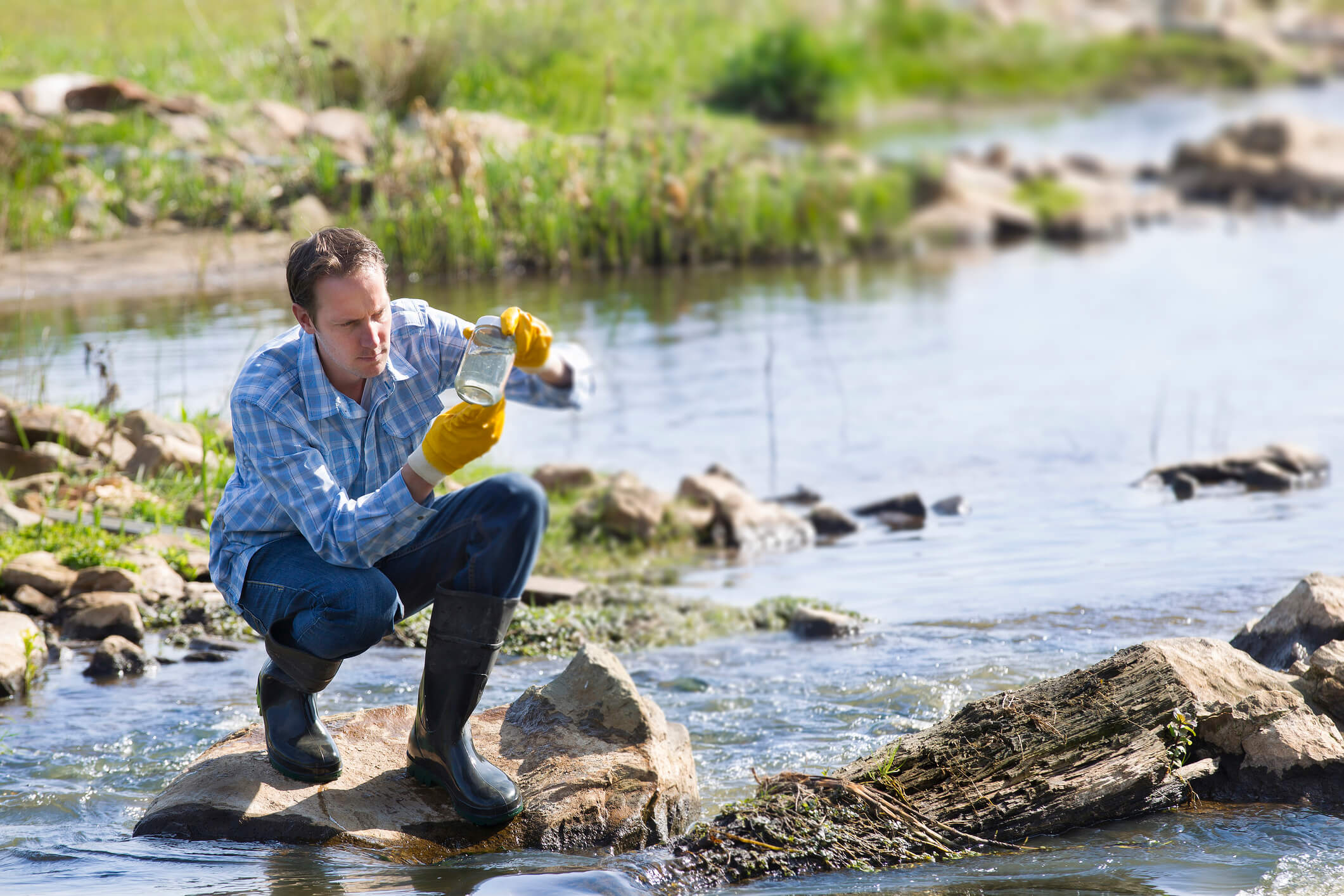Genetic methods in fisheries and aquatic biodiversity conservation
Overall Course Objectives
The aim of the course is to provide students with theoretical and practical knowledge about how modern DNA based methods can be used in management of fisheries resources and biodiversity conservation in aquatic environments. Through seminars and laboratory exercises students will learn how genetic methods are used to identify fish species and to partition fish into genetically separated populations (stocks), and how this knowledge can be applied as a tool in fisheries management, such as for defining management units and for enforcement of fisheries regulations. Students are expected to understand and analyse how human activities such as fishing, habitat alteration and climate change can affect biodiversity in aquatic ecosystems and how genetic composition and human evolutionary impact affect the survival and productivity of fish populations. Finally, the students are expected to be able to analyse the consequences of different management strategies on the genetic diversity on all levels of biological organisation from individual over population to species and be able to predict consequences of individual management strategies for survival and productivity of wild fish populations in marine and freshwater environments.
Learning Objectives
- Demonstrate knowledge on DNA based genetic analyses and understanding of their application to practical fisheries management and aquatic biodiversity conservation.
- Conduct practical laboratory DNA analysis including: DNA extraction, PCR analysis and genotyping of DNA markers using state of the art equiptment.
- Demonstrate knowledge of fundamental population genetic terms such as the population concept, migration, genetically effective population size, selection and local adaptation.
- Demonstrate knowledge of central concepts in conservation biology such as minimum effective population sizes, optimal design of reserves and protected areas.
- Analyse population genetic data using statistical methods of relevance to fisheries science, fisheries management and conservation biology.
- Demonstrate insights into the newest developments within genomic research and evaluate how these methods can be applied for analysis of genetic adaptations to the local environment, so-called local adaptations, and environmentally induced stress.
- Analyse the consequences of habitat alterations, exploitation and climate change on the genetic composition and evolution of fish populations.
- Evaluate genetic, evolutionary and demographic consequences of different management strategies for wild fish populations, as well as potential adverse effects on ecosystem biodiversity.
Course Content
The course is based on a number of cases and practical laboratory exercises, illustrating how DNA based methods are applied in analysis of fish populations and for generating information of importance for defining management areas, estimation of population size, identification of Illegal, Uncontrolled and Unreported fishing, conservation of genetic resources, as well as “genetic monitoring” of the impact of human activities such as fishing, supplementation and global change. The course will review basic concepts in relation to how genetic variation is distributed within and among populations, “population genetic” parameters, such as mutation, migration, random genetic drift and selection. This includes a discussion of the population concept, effective population size, neutral genes and genes subject to selection, as well as adaptation to local environment. The subjects will be integrated with central general concepts in conservation biology, such as minimum effective population size for avoiding inbreeding and loss of genetic variation, as well as design of protected areas for conservation of genetic diversity and evolutionary potential. Recent developments in genetic and genomic research will be addressed. This line of research has provided a wealth of new opportunities in fisheries genetics, for example by identifying genes of important ecological function and fish species from environmental samples (e-DNA) and processed fish products. The different topics will be integrated through evaluation of how human induced environmental alterations like climate change and fisheries induced evolution are expected to affect future adaptation, distribution and abundance of fish populations. Effects of different management and conservation tools, i.e. marine protected areas, supplementation and fisheries regulations, will be evaluated in relation to mitigating potential negative genetic effects. Students select their own case study, which serve as the basis for an assignment.
Teaching Method
Lectures, guest lectures, group work,laboratory and computer exercises.
Faculty
Remarks
This course provides students with competences relevant to UN SDGs, particularly #2 (Zero huger), #12 (Responsible consumption and production) and #14 (Life below water)




